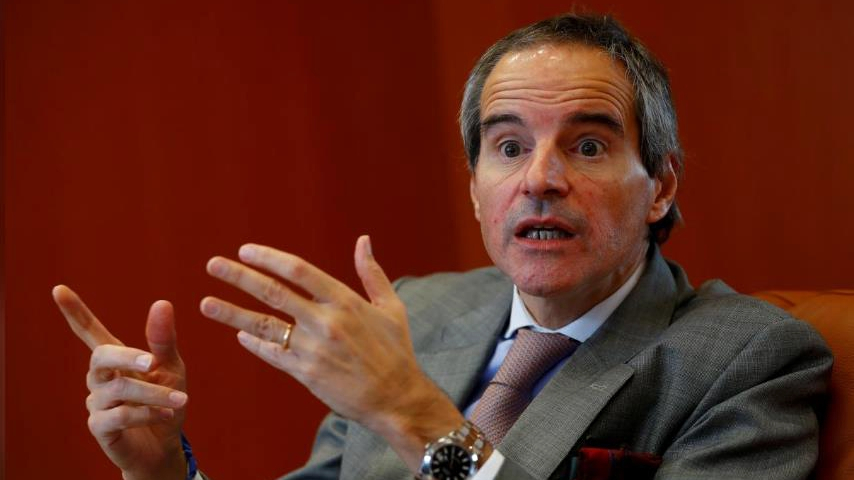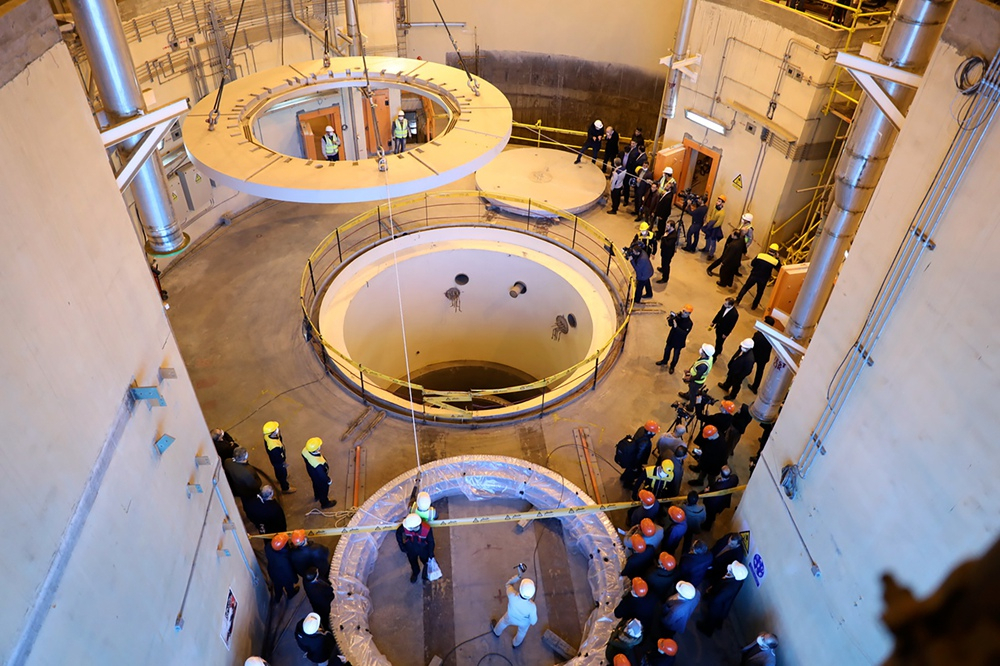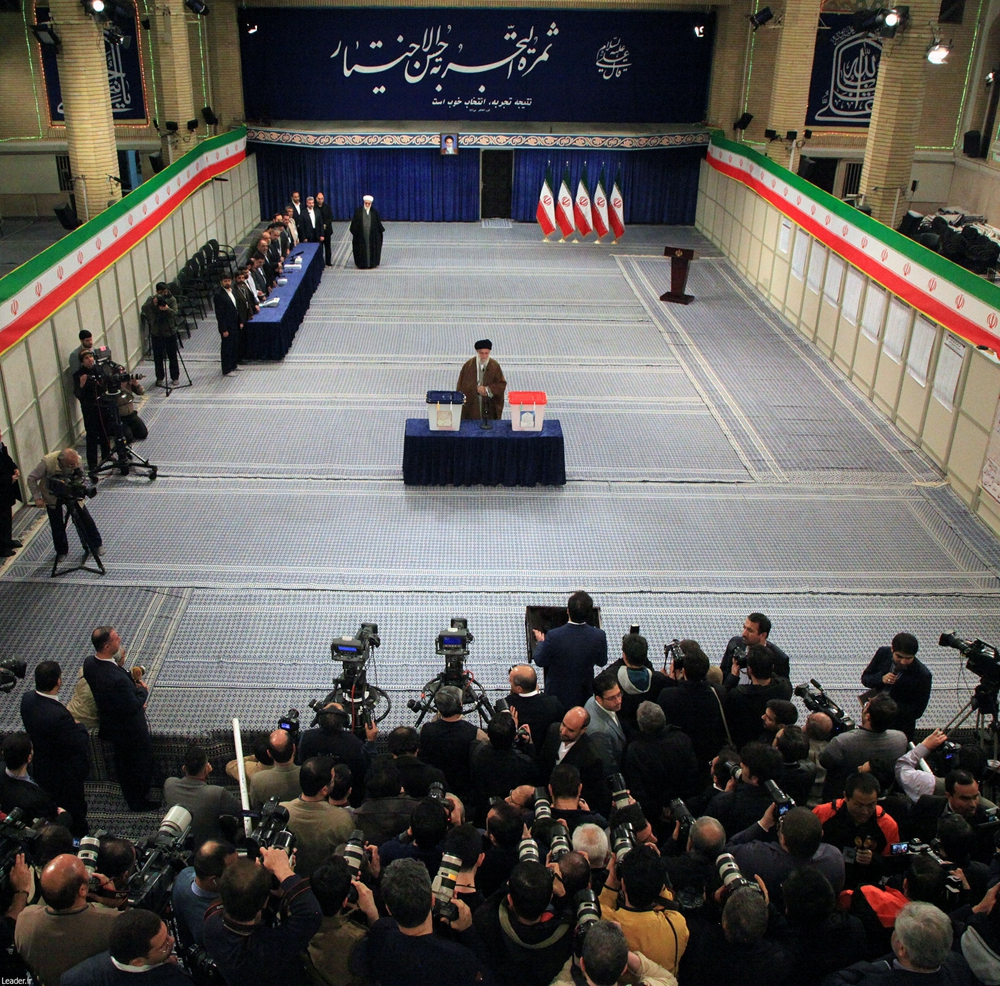
International Atomic Energy Agency Director General Rafael Grossi speaks during an interview in his office in Vienna, Austria, December 3, 2019. /Reuters

Technicians work at the Arak heavy water reactor's secondary circuit as officials and media visit the site near Arak, Iran, December 23, 2019. /AP
The second confidential IAEA report to member states seen by Reuters said Iran has not provided access to the agency to two locations, and not engaged in substantive discussions to clarify agency questions related to possible undeclared nuclear material and nuclear-related activities.
"We have insisted and despite all our efforts we have not been able to get that, so the situation requires on my part such a step because what this means is that Iran is curtailing the ability of the agency to do its work," he said, adding that he hoped Tehran would reverse course after the IAEA's board meets next week in Vienna.
What exactly is thought to have happened at the three sites, none of which the IAEA has visited before, is unclear.
The second report said the IAEA's open questions include whether natural uranium was used at one of the three sites. At one of the other two, the agency has seen activities "from early July 2019 onwards that were consistent with efforts to sanitize part of the location," it said.
Tuesday's second report also said Iran had informed the IAEA that it "will not recognize any allegation on past activities and does not consider itself obliged to respond to such allegations."
Grossi warned that Iran risks triggering a new crisis if it does not cooperate with the UN nuclear watchdog.
"I sincerely hope that Iran will listen to us and listen to the voice of the international community at the board of governors and assess that it is in their own interest to cooperate with us," he said. "We don't have a political agenda; we simply are requesting them to comply with their obligations."
"We will be walking towards a crisis (if not)," he added.

Iran's Supreme Leader Ayatollah Ali Khamenei casts his vote at a polling station during parliamentary elections in Tehran, Iran, February 21, 2020. /Reuters
The 2015 nuclear deal, which lifted international sanctions against Tehran in exchange for limits on its uranium enrichment and other nuclear activities, is aimed at keeping Tehran at least a year away from accumulating enough fissile material for an atomic bomb if it sought one.
Iran denies ever having had a nuclear arms program and says it would never seek to build an atomic bomb.
Tensions between Tehran and Washington escalated sharply after the U.S. killing of top Iranian military commander Qasem Soleimani on January 3. Iran then announced it would
abandon limitations on enriching uranium
, taking a further step back from commitments to the deal.
France, Britain and Germany confirmed in mid-January that they had triggered the dispute mechanism
in the deal.
China reiterated its commitment to the landmark accord and said the U.S. is responsible
for tension over it.
(With input from Reuters)
 简体中文
简体中文





